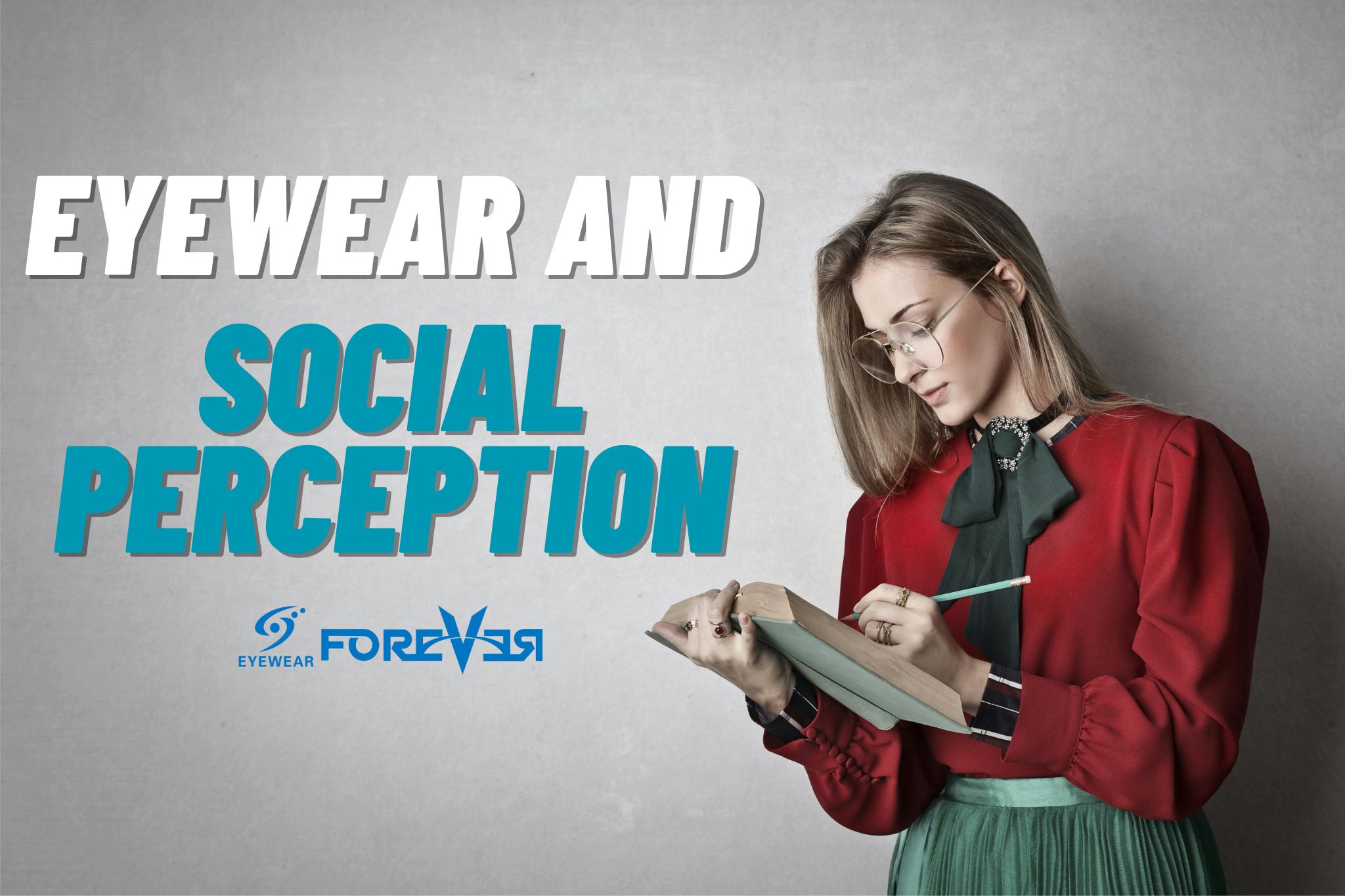Eyewear and Social Perception
Glasses aren't mere vision aids or fashion accessories; they carry an important psychological factor. Glasses go far beyond just helping one see better or adding that final touch to your overall look; in fact, they can have a huge impact on how we see ourselves, our level of confidence and even how others perceive us. Being aware of these psychological effects can allow wearers and designers alike to understand the deeper meaning associated with eyewear.

Confidence and Self-Perception
Wearing glasses can be an important change for many people, and for many, it is an everyday decision. Often, when you wear them for the first time, you may feel a sense of self-consciousness surrounding the new addition to your look, particularly if they relate glasses to unattractive stereotypes. Yet, as time passes, numerous others come to find that glasses define a part of who they are; oddly enough they even have a way of enhancing one's self-esteem.
Overall Social Perception
The perception that people have about us is largely determined by the eyewear we put on our faces. Studies have indicated that individuals who wear glasses are typically considered more intelligent, competent, and trustworthy, which is not the case in most situations. This particular perception could lead to numerous advantages both socially and professionally.
The benefits of wearing glasses in professional settings are significant as they can help create an image of competence and trustworthiness. This is especially beneficial in industries that place a high premium on these qualities like law, academia, and finance.

Contemporary designs for eyewear have taken a radical departure from traditional stereotypes. Unique, stylish frames have the capacity to shatter preconceived ideas that glasses are dowdy or dorky which fosters negativity toward those who wear them— and instead ushers in the era of more positive perceptions about wearers with differing identities.
Conclusion
Wearing glasses has deeper implications than just correcting one's vision: it is an emotional armor that influences self-esteem and elicits reactions from others, thus significantly determining social and work dynamics. With this knowledge at hand, people will be better placed to make decisions when selecting eyewear that best suits their needs while also being able to see through the façade created by others using ill-fitting frames. By understanding these impacts, individuals can make more informed choices about their eyewear, and designers can create frames that not only enhance vision but also boost confidence and break stereotypes.
